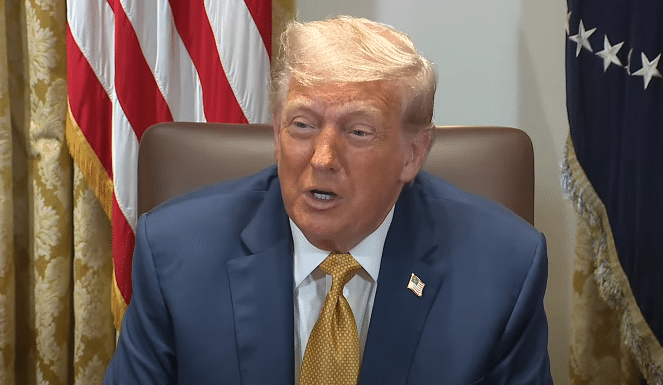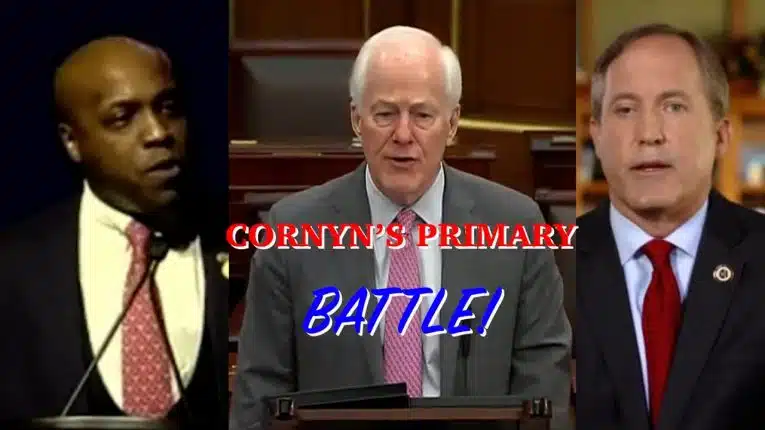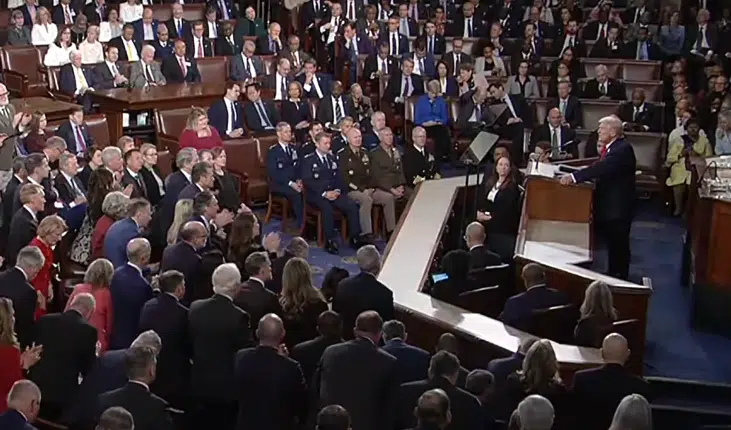
The Bureau of Labor Statistics finally managed to get out what could be the last inflation report for a very long time, with September inflation coming in at 0.3 percent, or 3 percent annually —a pleasant surprise — it was supposed to come out Oct. 15 before the Democrat-led government shutdown ground non-essential services to a halt, and it came in below market expectations.
Of particular note, electricity — which skyrocketed during the Biden administration, surging as much 15.8 percent annually in Aug. 2022 — dropped 0.5 percent in September even as artificial intelligence data centers are increasingly coming online. That’s a nice reprieve.
It’s also not entirely surprising given President Donald Trump’s commitment to unleashing American industrialization, including substantially boosting the U.S. electricity grid to keep up with surging demand. Since January, U.S. electricity generation has already increased 2.97 percent to 2.13 trillion kilowatt hours (kWh), up from 2.07 trillion kWh the first six months of 2024, according to data compiled by the U.S. Energy Information Agency.
It’s not enough, and there’s still a long way to go to get to the President’s proposed doubling of the electricity grid. A real long way. Especially as the hardware for the data centers keeps drawing on the grid.
Electricity is one of those things where no matter how fast the President would like to move, the power industry can’t ramp up fast enough from the perspective of U.S. consumers.
Households have been smacked over the head the past few years with crushing inflation, leading to the downfall of former President Joe Biden and former Vice President Kamala, who Trump soundly defeated in the 2024 election.
Now, thanks to the President’s commitment to get the U.S. economy’s energy production back up and running as it should, prices are coming down — for now.
But to get where Congress needs to, the President might need to go big. The One Big Beautiful Bill Act offered numerous incentives for power plants to get up and running but there’s also an open question for how quickly Congress wants put more electricity into the market with new power plants. Are they willing to spend money on it in next year’s budget, for example?
The President faces similar questions about beef, which has increased about 12.7 percent in the past year. The President knows he can get prices down quick by flooding markets with Argentinian beef. It would also cause domestic production to pick up to get the same return on investment as the cow population increases. Once the U.S. has restored production to previous levels then we it can be easier to ratchet up the tariffs again. For now, the President is putting pressure on cattlemen to lower prices.
But as with all prices, it is simple supply and demand: Flood the market and prices collapse. It worked with eggs. And it will work with electricity and beef, as it already has for oil, with Americans getting much needed relief long term on gasoline prices, down 0.5 percent from a year ago.
It’s the only way to stop inflation long term, dramatically expand production across the board, especially following the post-Covid money print-a-thon by Congress and the Federal Reserve — the M2 money supply expanded by $6.2 trillion — plus production collapsed to almost nothing for several months during the lockdowns, leading to the inflation spike.
Which was politically lethal. Just ask Gerald Ford, Jimmy Carter, George H.W. Bush and Joe Biden, all one-term presidents who saw inflation increase faster than incomes for prolonged periods. As the President and Republicans look ahead to 2026 and 2028, the one thing that might matter more than most is boosting production one way or another — and keep prices down.
In the meantime, the White House is warning this could be the last inflation report — or any other kind of report on economic data — while Congress works out the shutdown.
Meaning, policymakers here and around the world are missing key indicators that are essential to setting interest rates and conducting foreign exchange, nothing to be toyed with. If nothing else, we have an obligation to our trade partners to tell them what is going on with the economy or else they might start hiding data, too. Right now everyone’s guessing. The President could start to articulate strong economic consequences that may unfold the longer Democrats’ desperate gambit to hold the economy hostage because they lost the election goes on. Anything could happen. As usual, stay tuned.
Robert Romano is the Executive Director at Americans for Limited Government.






